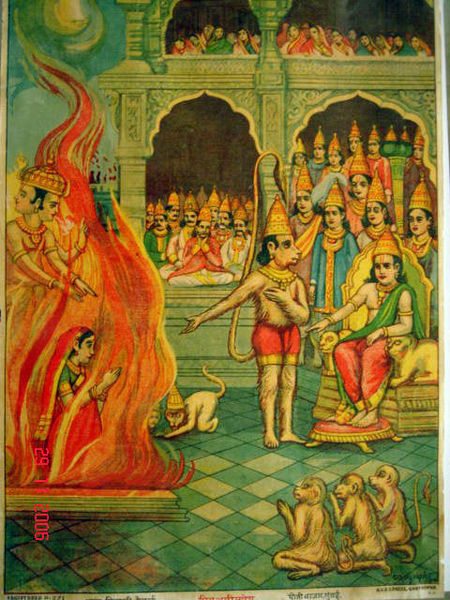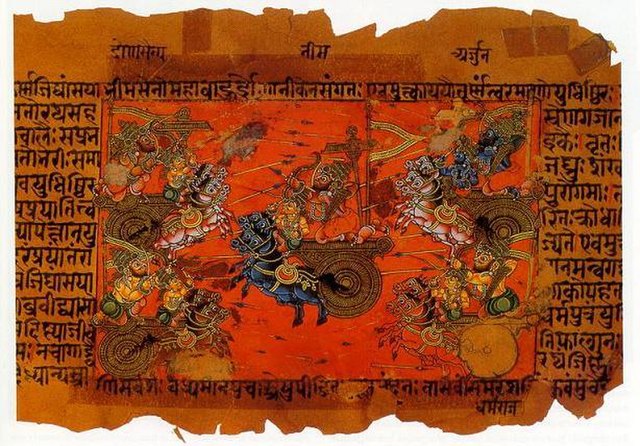Infinite photos and videos for every Wiki article ·
Find something interesting to watch in seconds
Kings of France
Celebrities
Wars and Battles
Best Campuses
Crown Jewels
Tallest Buildings
Sports
Great Cities
Supercars
Richest US Counties
Recovered Treasures
Wonders of Nature
Countries of the World
Orders and Medals
History by Country
Great Artists
Famous Castles
Largest Palaces
Presidents
Animals
Great Museums
Rare Coins
Largest Empires
Ancient Marvels
British Monarchs
World Banknotes
more top lists


